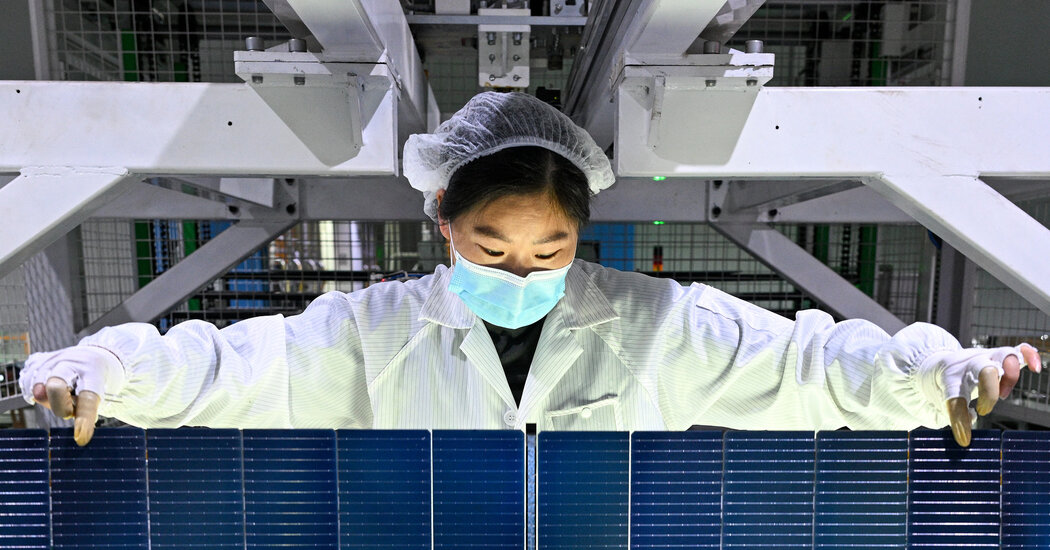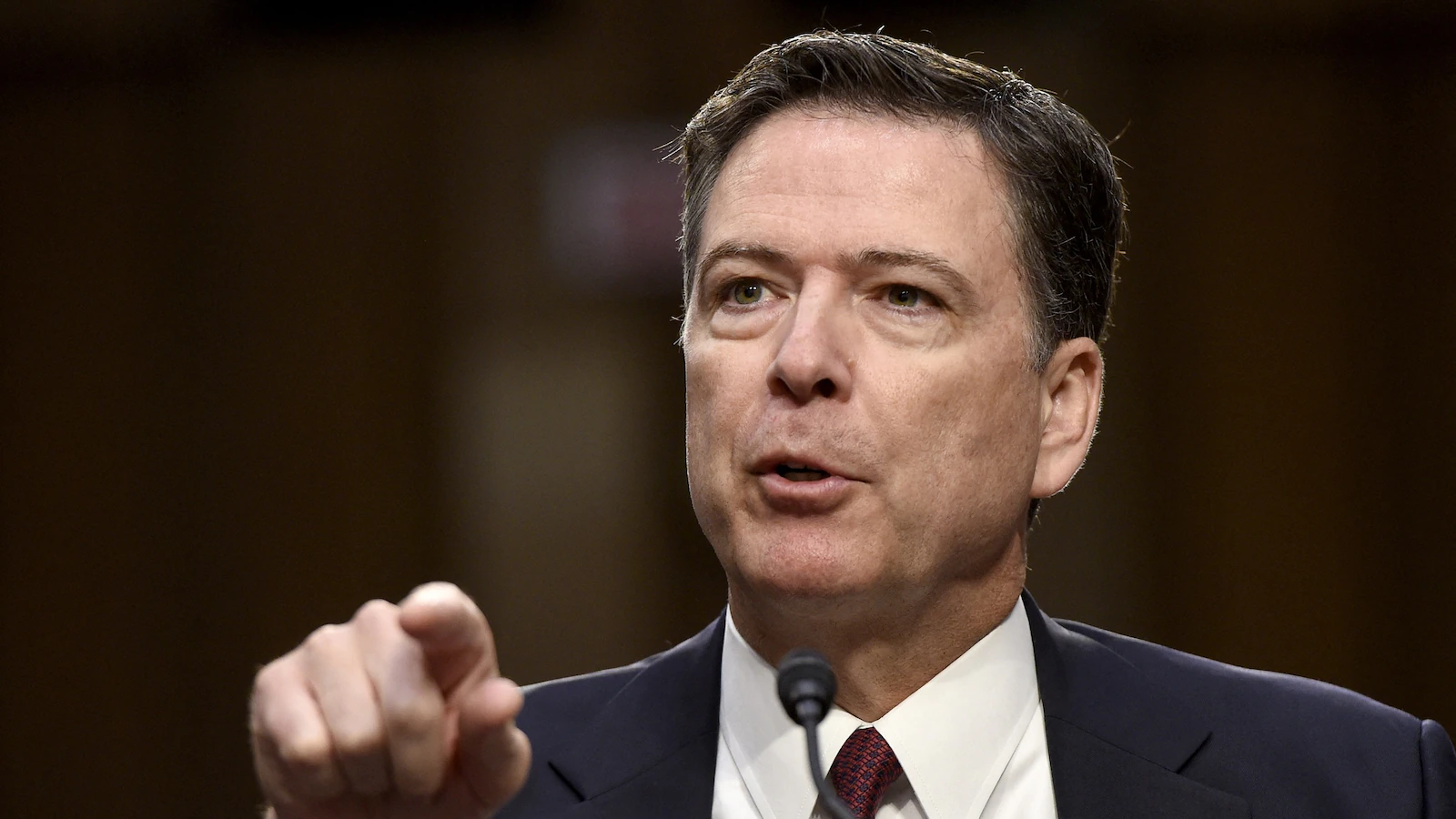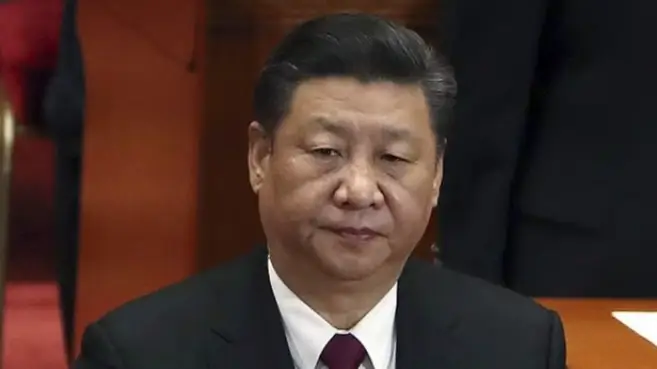Copyright The New York Times

In the United States, the Trump administration is reversing efforts to protect the climate. In Europe, nations grapple with how, and how quickly, to embrace a green future. At the same time, something remarkable is happening in other parts of the world. Countries with big and quickly growing economies are taking advantage of China’s emergence as a renewable-energy superpower. They are going green in a hurry. My colleagues Somini Sengupta and Brad Plumer covered this change in their latest story. They wrote a striking paragraph about it: Countries like Brazil, India and Vietnam are rapidly expanding solar and wind power. Poorer countries like Ethiopia and Nepal are leapfrogging over gasoline-burning cars to battery-powered ones. Nigeria, a petrostate, plans to build its first solar-panel manufacturing plant. Morocco is creating a battery hub to supply European automakers. Santiago, the capital of Chile, has electrified more than half of its bus fleet in recent years. China makes that possible, exporting solar panels, wind turbines, batteries and electric vehicles all over the developing world while investing billions in factories that make those things in the nations where they are sold. It won’t solve the problem of climate change, the reporters say. Most countries continue to get most of their energy from fossil fuels. They mine coal, build coal plants and produce oil. China alone emits more greenhouse gases than the United States and the European Union combined. There’s still plenty of smoke in the air. But the falling price of China’s renewable tech has allowed developing countries to satisfy a larger percentage of their energy needs internally. It reduces their reliance on imported fuel and develops their economies. “Emerging economies are a very important part of the story,” an environmental advocacy researcher told The Times. “The reason we should be paying attention is that they have the most people in the world, they have the largest number of poor people in the world, and their energy demands are growing. If these economies don’t change, there’s no chance for the world to get to a safer place.” A role reversal Somini and Brad tell us what that looks like in practice. Ethiopia has banned the importing of new gasoline-powered cars, they write. Nepal has lowered import taxes for electric vehicles so they’re cheaper than gas ones. Brazil raised tariffs on imported cars to help persuade Chinese automakers to build plants there. And China is investing heavily — nearly a quarter trillion dollars since 2011, they report, with most of that money going to what’s known as the global south. Adjusted for inflation, that is more money than the U.S. put into the Marshall Plan after World War II. A decade ago, the U.S. and Europe were pressuring developing nations to take faster action on climate change. Now the economics have changed, and developing nations are delivering what appears to be good news for the planet. India, for example, recently announced that half of its demand for electricity can now be satisfied by renewable energy from wind, sun and water, five years earlier than the 2030 target it had set in the Paris Agreement. It’s a vibe shift, Somini wrote in the article’s comments section. Read more (and comment yourself) here. More on China’s influence The country’s nuclear forces are expanding rapidly, but Xi Jinping’s sweeping purge of military leaders could hamper its ability to manage that arsenal. Companies are moving their factories out of China, to countries like Vietnam, to avoid getting caught on the wrong side of the U.S.-China trade war. MARINERS WANTED Not many Americans work as merchant mariners. In part that’s because only a small percentage of international commercial shipping occurs on vessels registered in the U.S. Most vessels and crews are from elsewhere. Also, the work is hard, and it means being away from families, friends and home for months at a time. There are just seven maritime academies in the United States, and they are sending fewer Americans with the right qualifications to work at sea. Cargo companies struggle to recruit candidates and offer signing bonuses and sweeteners. Now, President Trump and a bipartisan group of lawmakers want to revitalize the American shipbuilding industry and counter China’s rise as a commercial shipping power. To make that happen, the country would need a lot more people like Caputo. Related: Trump recently started imposing fees on Chinese commercial ships when they docked in American ports; China retaliated. Now, they’ve reached a truce. Let’s catch you up on the rest of the news. THE LATEST NEWS Government Shutdown The House of Representatives will finally return to session after a 54-day recess. Lawmakers are expected to vote on the Senate-passed deal to end the shutdown. After a day of hand-wringing, some Democrats believe the shutdown will be a political victory as voters come to blame Republicans for rising health care costs. Trump has repeatedly pledged to lower health care costs and offer an alternative to Obamacare, but he has proposed only a vague plan. The Supreme Court allowed the Trump administration to continue withholding full food stamp benefits while Congress advances the measure to end the shutdown. Redistricting Some Republican lawmakers in Kansas objected to their own party’s plan to redraw the state’s congressional map. As it stands now, there is a single Democratic-leaning district. A judge in Utah tossed out a congressional map that the Republican-led legislature had proposed. The state has not elected a Democrat to Congress since 2018. More on Politics What does the phrase “6-7” mean? That’s for children to know and you never to find out. Just trying makes it funnier to the person saying it, as you’ll discover if you ask someone under the age of 11. “No offense to adults,” one of them told my colleague Callie Holtermann, “but I think they always want to know what’s going on.”



